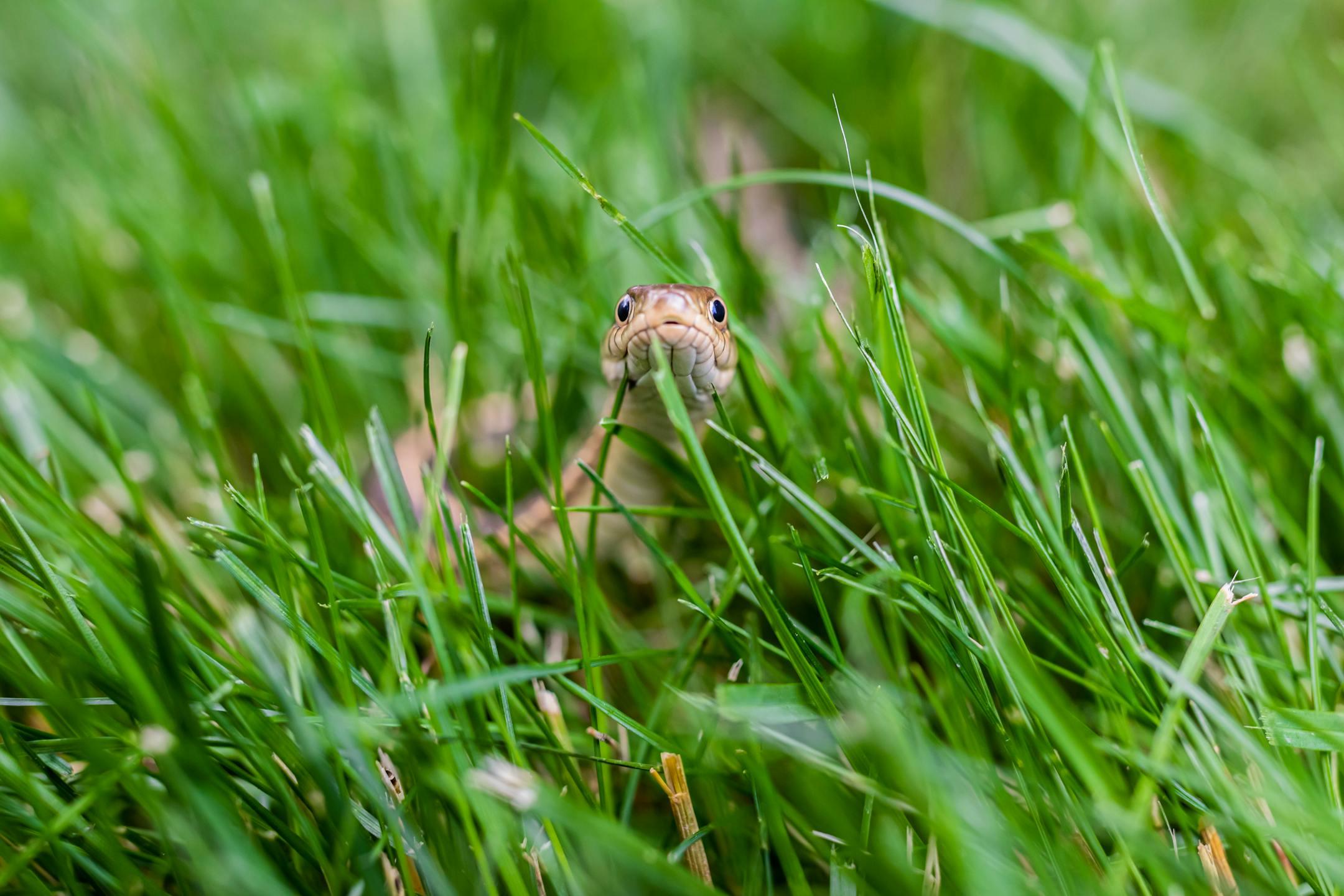
When humans and wildlife intersect, conflicts often arise, leading to the need for specialized intervention. This is where a wildlife control operator comes into play. Understanding the role of a wildlife control operator and what they do is vital for anyone facing wildlife issues in their homes or businesses. These professionals are trained to manage and resolve conflicts between humans and wild animals, ensuring safety and humane treatment for all parties involved.
In this blog post, we will delve into the key responsibilities of a wildlife control operator and what they do to protect both people and the environment. Homeowners and property managers often find themselves in situations where wildlife poses a risk, causing property damage or health hazards. By exploring the importance of hiring a professional wildlife control operator and what they do, readers will gain valuable insights into how these experts play a crucial role in wildlife management and community safety.
Understanding the role of a wildlife control operator and what they do
A wildlife control operator specializes in managing and addressing conflicts between humans and wildlife. These professionals possess the expertise to identify, trap, and relocate various species that may pose threats to public health or property. Their role is crucial in maintaining a safe environment for both people and animals, as they employ humane methods to resolve wildlife issues. By assessing situations carefully, wildlife control operators can determine the best course of action, ensuring that both wildlife and human needs are met responsibly.
Additionally, wildlife control operators often educate property owners about local wildlife behavior and preventive measures to avoid future conflicts. Their knowledge extends beyond mere removal; they also provide insights on habitat modification and exclusion techniques. This proactive approach helps to minimize the chances of wildlife encroaching on human spaces again. Overall, understanding the role of a wildlife control operator is essential for anyone experiencing wildlife-related issues, as they play a vital part in wildlife management and community safety.
Key responsibilities of a wildlife control operator and what they do
Wildlife control operators play a vital role in managing human-wildlife interactions, ensuring both safety and conservation. Their primary responsibility involves assessing wildlife-related issues, whether it's animals that have invaded residential properties or threatened local ecosystems. They meticulously inspect the premises to identify potential entry points and signs of wildlife activity, using their expertise to determine the most effective strategies for resolution. This experience allows them to devise tailored plans to safely remove or relocate the animals while minimizing harm to both the creatures and the environment.
In addition to removal services, wildlife control operators also educate property owners about preventative measures. They inform clients about habitat modifications, such as sealing entry points and removing food sources, to deter future intrusions. Moreover, they stay up-to-date on local wildlife laws and regulations to ensure compliance during their work. By providing comprehensive solutions, wildlife control operators become essential partners in promoting coexistence between humans and wildlife while safeguarding both parties' interests.
The importance of hiring a professional wildlife control operator.
Hiring a professional wildlife control operator is crucial for effective management of wildlife conflicts. These experts bring specialized knowledge and skills to identify, capture, and relocate unwanted animals safely and humanely. They understand the behaviors and habitats of various species, which allows them to implement targeted strategies to solve wildlife issues. This expertise is invaluable in preventing property damage and safeguarding both humans and animals. Moreover, professional operators comply with local laws and regulations, ensuring that all actions taken during the control process are legal and ethical.
In addition to animal capture and removal, a wildlife control operator provides preventive measures that protect homes and properties from future infestations. They assess potential entry points, recommend modifications, and educate clients on best practices for wildlife-proofing their environment. This not only helps in reducing the chances of future wildlife encounters but also promotes coexistence between humans and nature. By investing in a professional wildlife control operator, property owners gain peace of mind, knowing that experts are managing wildlife issues safely and humanely, preserving the balance between humans and wildlife.